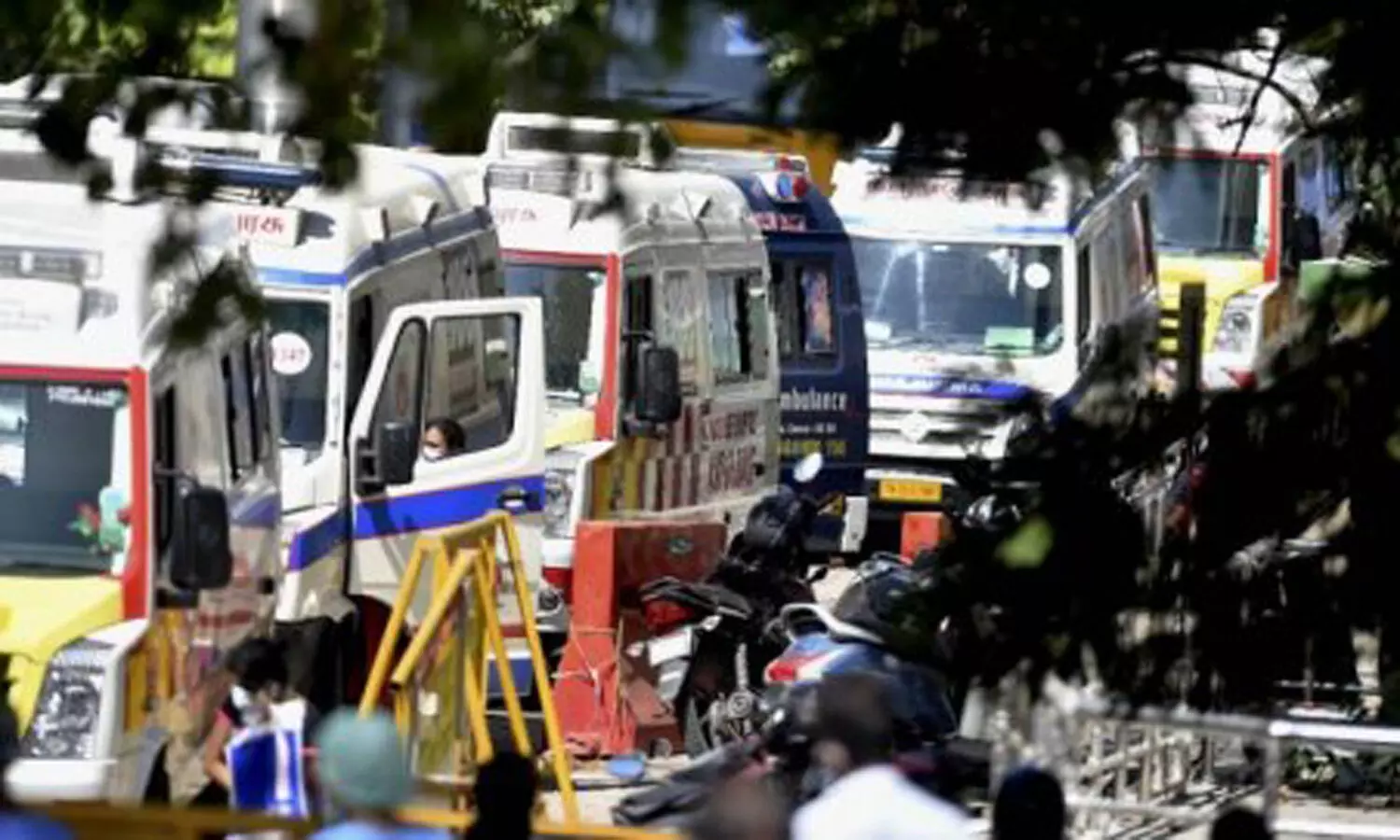TRENDING TAGS :
Lucknow Gets AC Helmets for Traffic Police to Beat the Heat
Sweltering summer heat can be a hazard for traffic police officers in India.
Traffic Police
India's scorching summer temperatures can pose a serious threat to traffic police officers who brave the heat while managing traffic flow. With temperatures often exceeding 40 degrees Celsius (104 degrees Fahrenheit), the risk of heatstroke and dehydration becomes significant. In response to this challenge, some Indian cities are piloting a unique solution: AC helmets for traffic police.
A Cool Initiative
Lucknow, the capital of Uttar Pradesh, was one of the first cities to introduce AC helmets on a trial basis. The helmets feature built-in ventilation systems powered by a battery pack worn around the officer's waist. These vents circulate cool air around the head, providing much-needed relief from the scorching sun. Early reports suggest the helmets are comfortable to wear and can operate for up to eight hours on a single charge.
Combating Heatstroke
Heatstroke is a serious medical condition that can occur when the body overheats and can't cool down. Symptoms include high body temperature, confusion, dizziness, and even seizures. Traffic police officers, constantly exposed to the sun with limited opportunities for shade or hydration, are particularly vulnerable. AC helmets offer a promising solution to mitigate this risk, potentially improving officer safety and well-being.
Beyond Lucknow
Following the initial trial in Lucknow, other Indian cities like Ahmedabad and Kanpur have also begun testing AC helmets for their traffic police. The positive feedback from Lucknow, with officers reporting increased comfort and reduced fatigue, has encouraged wider experimentation. These trials aim to assess the overall effectiveness and practicality of AC helmets in various city environments.
Balancing Benefits and Challenges
While the potential benefits of AC helmets are clear, there are also some challenges to consider. The additional weight of the battery pack might cause discomfort during long shifts. The long-term durability of the helmets and their cooling systems also needs evaluation. Additionally, the cost-effectiveness of large-scale implementation requires further analysis.
A Step Towards Improved Working Conditions
Despite these challenges, the introduction of AC helmets marks a commendable effort towards improving working conditions for traffic police officers in India. These innovative helmets can potentially enhance officer well-being, increase their alertness while on duty, and ultimately contribute to improved traffic management. The ongoing trials will provide valuable data to determine the long-term viability of this solution.



